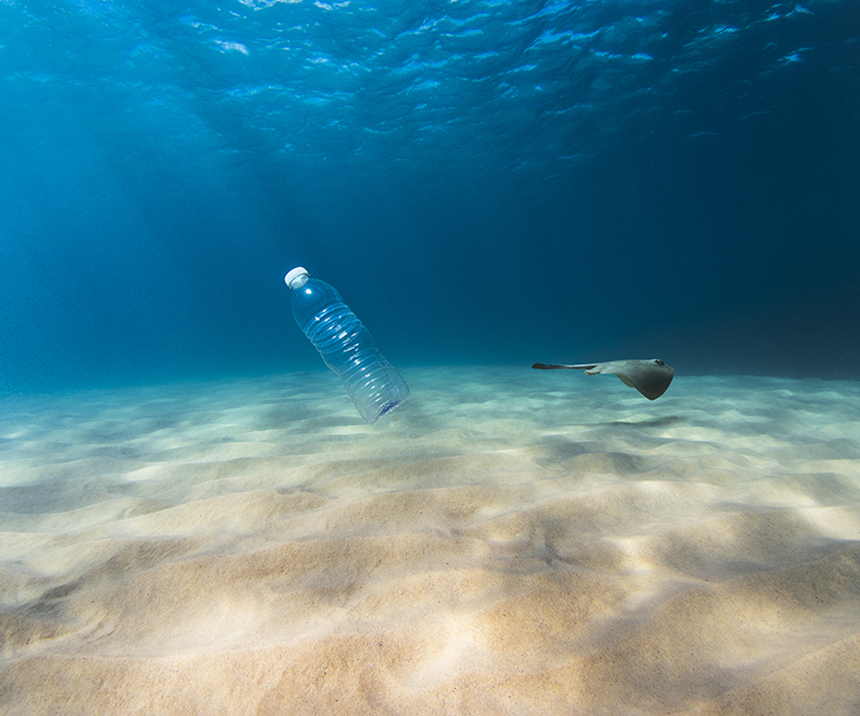SC Johnson, the household supply multinational, has announced that it will be partnering with Plastic Bank, a start-up focused on recycling plastic waste, to deal with the high number of plastics in the oceans. They will be doing this by boosting recycling in Indonesia’s less privileged areas.
Indonesia’s Marine Life Under Threat
Plastic Bank utilizes a Crypto solution to interact with plastic waste buyers and waste collectors and in this way have come up with a reliable way of rewarding waste collectors and recyclers for getting rid of plastics that would have ended up on the ocean. The custom Crypto solution is based on the Hyperledger Fabric protocol of IBM.
A report compiled by the by Ocean Conservancy and the McKinsey Center for Business and Environment showed that 55% of the plastic waste found in the world’s oceans could be attributed to China, Thailand, Vietnam, Philippines and Indonesia. The report also suggested raising the rate of recycling in these five countries by eighty per cent, a move that would see the rate of plastic leakage in the world’s oceans reduce by up to twenty-three per cent.
Although there have been a number of solutions which have been put into practice, the success rate of the initiatives has been largely limited due to the fact that most of the areas responsible for a large number of the plastics leakage are very impoverished and poor. Because of this, the waste recyclers are more prone to being attacked and stolen from when they are rewarded for their efforts.
Opportunities In Waste Collection
Particular interest is paid to Indonesia because of its status as having the highest levels of marine biodiversity as well as its coral reefs which a responsible for the upkeep of millions of Indonesia’s citizens. Both of these are threatened by the high rates of plastic leakage on to the oceans.
In order to motivate some of the people living in these impoverished parts of Indonesia into collecting the waste plastics in the areas, Plastic Bank has utilized a Blockchain-based mobile app which rewards individual waste collectors with token instead of cash for the number of plastic they collect individually and take to the designated collection centres.
David Katz, the CEO of Plastic Bank, when commenting on the relevance of the partnership it has with SC Johnson noted that the partnership was the first one undertaking this kind of initiative in Indonesia. He stated that through the project there will be more opportunities for people within these areas and a sense of pride for the waste collectors.

Public Education On Plastic Pollution
Going by the information that has been released by SC Johnson, there will be collection centres throughout the country with capacities of recycling over 100 metric tonnes in a year by mid-2019. The information also states that apart from incentivizing the collection of waste plastics in the country, the partnership will also be involved in educating the population around these areas on the effects of plastic pollution and the opportunities that have been created by recycling.